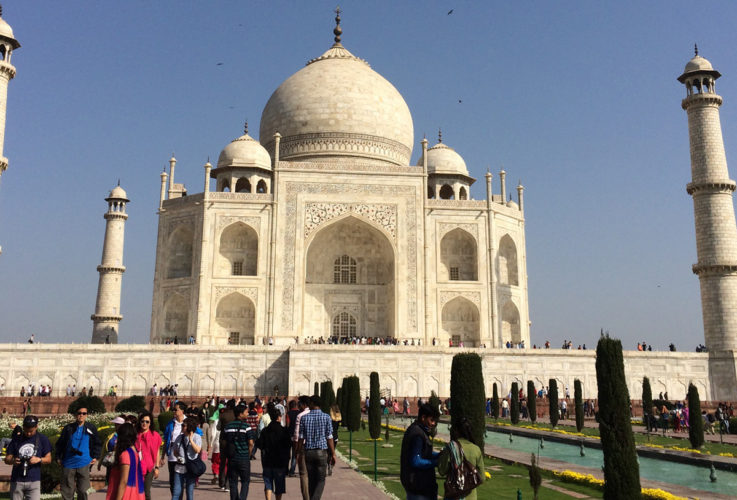I’m not sure what happened, but time has a way of sneaking up and then speeding by you. In May, I was looking forward to spending time back home in Denver. I came back to Mumbai in July, and the next thing I know, it’s September. During that time, I finished my last graduate class in India, started my new term as the board president of an international school (volunteer), traveled to Vietnam to attend a governance conference, and am now preparing to travel to Washington University’s St Louis campus to complete the joint WashU-Indian Institute of Technology Bombay (IITB) Executive MBA program in October.
Hari Sankaran, Vice Chairman and Managing Director of Infrastructure Leasing and Financial Services (IL&FS), spoke to our batch in August about leadership and “thinking big.” (Note: In India, business schools use the term batch vs cohorts in the U.S.) He succinctly stated three points that leaders must act upon for professional (and personal) success:
- People don’t know what they want – It is up to you to decipher what they want and need.
- Congruence of leadership – The leadership team must all be aligned or face barriers and impediments along the way
- Time is of the essence – You must act and take advantage of the opportunities given to you.
When I first started my journey in India, I was focused on traveling and applying what I learned from graduate school. Little did I know was that was not really what I wanted. During my time as an executive MBA student, I’ve learned the following lessons:
1. Making a difference mattered to me
What I realized I wanted was the ability to make a positive impact through strategic thinking, collaboration, and implementation in a multi-national environment. I have been fortunate to be able to give back through volunteerism.
2. Emotional and moral support is crucial
Without the support of my family, the international school community, and WashU and IITB, I would not have been able to shape concepts and lead the decision-making process effectively. Without this unified team, I would have struggled significantly.

Talk about “luck”—I was able to meet Lobsang Pendha, one of the Dalai Lama’s senior leaders in Vietnam.
3. Avoid “analysis paralysis”
You have to act and put yourself out there. To me, luck is not a result, but rather preparing yourself to take advantage of an opportunity that presents itself. I did not intend to become the board president, but going back to school helped me prepare for this honor when it presented itself.
So simple yet so hard to execute. Sometimes it’s trial and error. Other times, it is “luck.” By knowing what questions to ask, how to build consensus, and when to act is the difference between struggle or success. So far, so good–I cannot complain of my results.
This post was republished from Brian’s personal blog, with permission from the author.



